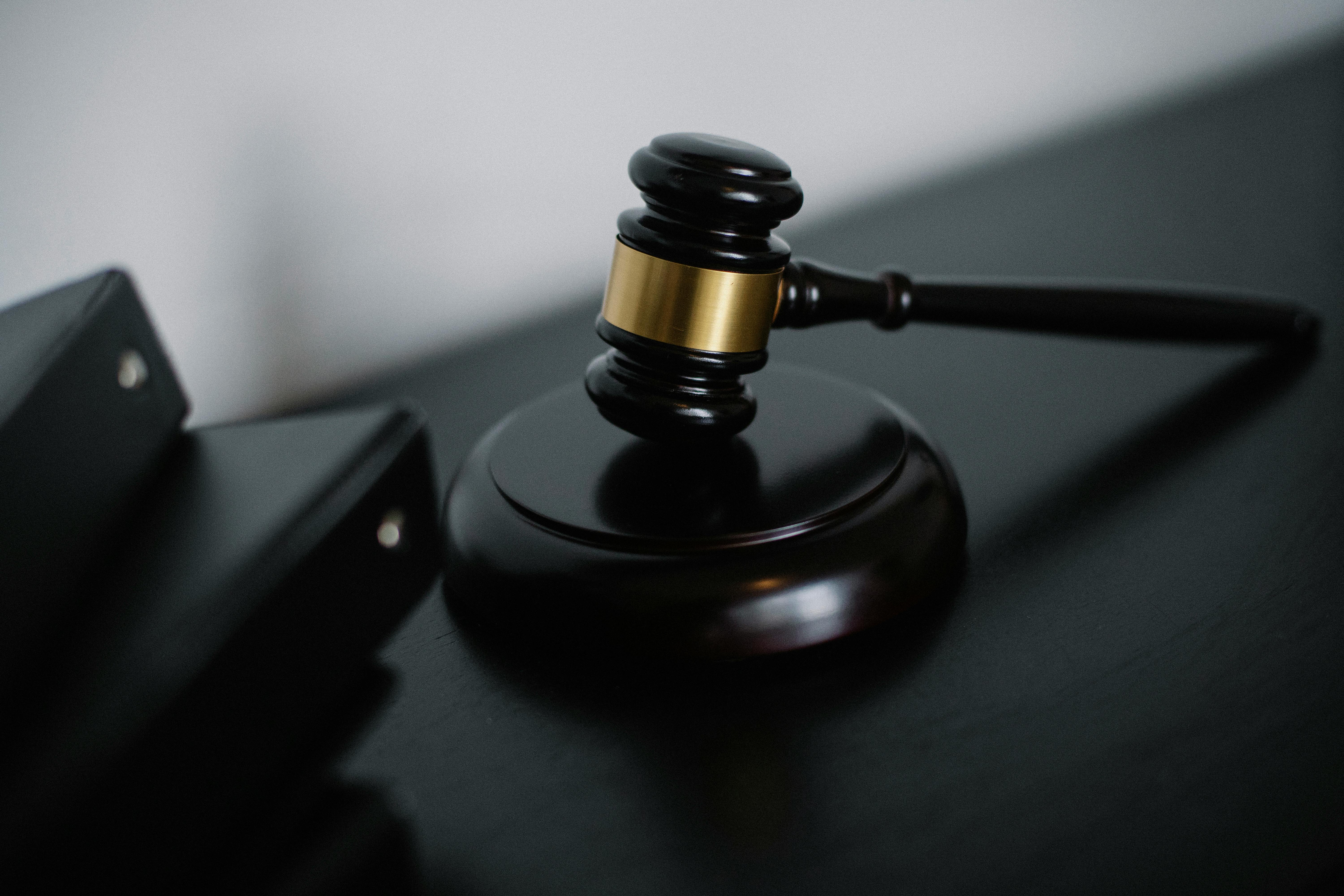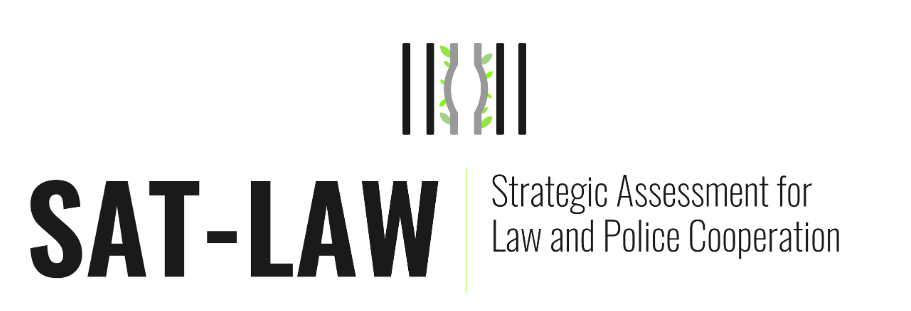Abstract
Since its implementation in April 2014, Directive 2014/41/EU introduced the European Investigation Order (EIO) to foster improved judicial cooperation across EU Member States by expediting investigative procedures without enforcing judicial system homogenization. The EIO enables issuing states, with the assistance of executing states, to conduct cross-border investigations outside traditional Mutual Legal Assistance (MLA) frameworks, responding to the increasing challenges posed by digital technologies exploited by criminals. While the Directive has accelerated investigations and is supported by various EU-funded projects, it faces criticism regarding practical issues such as unclear procedural phases, difficulties in correctly completing the EIO form, and infrastructural limitations for videoconferences that protect accused persons’ rights. Looking forward, the Commission envisions an enhanced “EIO+” system integrating European Protection and Preservation Orders and enabling secure, digital exchange of requests among courts, thereby creating a more comprehensive and effective tool for judicial cooperation benefiting all stakeholders, especially law enforcement.
August, 3 2020.
Judicial Cooperation


